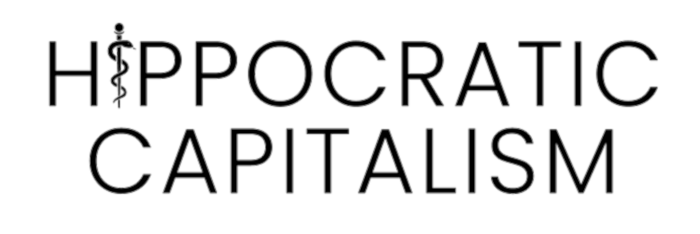What Gambling Athletes Teach Us About Integrity in Healthcare

Oakland A’s relief pitcher Michael Kelley recently learned a very hard lesson. A $740,000 lesson. Ten years ago, while he was still scraping his way up through the minor leagues, he placed a few small bets (less than $100 in all) on a handful of major league baseball games. These bets were recently discovered by the league and as a result Kelley has now been suspended for a full year. Bye-bye $740,000 salary. Ouch. In a way he was fortunate, though, not to have been banned from his sport for life, as Tucupita Marcano and Jontay Porter recently were.
This NYTimes Op-Ed by a prominent sports agent explains why it’s critical for professional leagues to set and enforce a hard boundary on athletes and officials betting on games. It’s not just about the personal integrity of the individuals; it’s about the integrity of the whole system. If the public ever suspects that the outcomes in professional sports could be influenced by corrupt deals, then the entertainment value will collapse, and the economic foundation of sports as a business will collapse as well.
What’s the right way to think about money and temptation in this setting?
It would be too easy to say that because money corrupts, it should be kept entirely out of sports (or out of healthcare). This was the idea behind the quaint Victorian ideal of amateurism, which made its way into the modern Olympics and the NCAA. In both of these cases, though, purity turned out to not just be impractical, but also unjust for the athletes, who saw others around them being enriched off of their hard work, and in many cases could only afford to participate if they happened to be independently wealthy.
Money and incentives are a fact of life, but there are lines that separate reasonable and fair incentives from corruption. Office pools during March Madness, for example, add excitement and entertainment value to NCAA basketball. But betting by players and officials, or betting at a scale that could spill over into payoffs to players and officials, is a completely different story. In healthcare, of course, physicians and hospitals and pharmaceutical companies and others all need to be paid for the value they contribute. But when money and power combine in ways that not only incentivise misbehavior, but also enable covering up that behavior and neutralising the enforcement mechanisms (through nontransparent business practices, lobbying, and regulatory capture), then things have gone way too far.
In professional sports, it all comes down to trust. The business model is dependent on public confidence that the athletes are doing their best, i.e. the competition is real. Take away that trust, and professional sports become irrelevant.
Does trust play as big a role in healthcare? I would argue even bigger. People care far more about their health than their entertainment, no matter how loyal they might be to their favorite teams and players. And healthcare requires specialized knowledge and access to resources that people can't get on their own. So to the extent that patients have the power to choose a physician or hospital for their care, they’re going to exercise that choice based mainly on whom they trust. (The fact that people often receive care from providers and health systems whom they don’t trust says a lot about the current rarity of real choice in American healthcare.)
There's one more enormous difference between sports and healthcare that deserves mention. In sports, if an athlete or official breaks the rules around gambling, there are swift and harsh consequences. In healthcare, though, people in positions of power regularly break ethical rules without being banned from the industry. People like these profiteering vascular surgeons, or this former cardiovascular surgeon with two yachts. Or the top executive team at United Health who, when faced with a ransomware attack that would soon cripple provider organizations across the country, made it a priority to sell $millions worth of their personally-held United Health stock, based on their insider knowledge, before the markets had had a chance to respond to the attack.
Sadly, the American healthcare industry crossed the boundary from healthy to unhealthy financial incentives long ago. It's time to rein it in.
